Navya Nyaya Philosophy of Language
Contents: Preface. I. Gangesha’s Theory of the Meaning of Verbal Suffixes (akhyata). II. The Navya-Nyaya Principle for Determining the Meaning of Words. III. Expression and Logical Structure: On the Structure of the Third and Fifth Definitions in the Vyaptipancaka Section of Gangesha’s Tattvacintamani. IV. The Requisites for Assuming Absence (abhava) in Navya-Nyaya: From the Viewpoint of the Counterpositive (pratiyogin). Index.
This book represents the philosophy of language in Navya-Nyaya, based upon an analysis of the “Verbal Suffix Chapter” (Akhyatavada) of Gangesha’s Tattvacintamani. Since this chapter elaborates what kind of verbal understanding is generated and discusses related issues, the book demonstrates the main features of that philosophy of language and serves as a good introduction to that. The analysis mainly deals with Gangesha, but in some cases it refers to Raghunatha. Since the book is an attempt to pursue philological exactness and philosophical analysis, it is hoped to interest not only Sanskrit scholars, but also philosophers in general.The book consists of four lectures. Lecture I clarifies Gangesha’s view of the meaning of the suffixes of a finite verb, which (meaning) is greatly disputed among the Navya-Nyaya philosophers, the Mimamsa philosophers, and the Grammarians. Lecture II investigates how Gangesha determines the meaning of words and illustrates that his method bears upon ontological categories of Vaisheshika. Lecture III deals with Gangesha’s “Five Definitions of Invariable Concomitance Section” (Vyaptipancaka) and elucidates the relation between meaning and the logical structure of the definitions. The lecture also provides diagrams as a tool to represent the structure. Lecture IV explains the realistic standpoint of Navya-Nyaya by clarifying the concept of the counterpositive (pratiyogin) of absence (abhava), or a thing whose existence is negated, focusing on empty terms or non-factual expressions such as “a round triangle”, “the present King of France”, “a rabbit’s horn”, and so forth. The lecture delineates how Udayana, Gangesha, and Raghunatha observed and, as the time passed, did realism thoroughly in language analysis.
Get it now and save 10%
BECOME A MEMBER

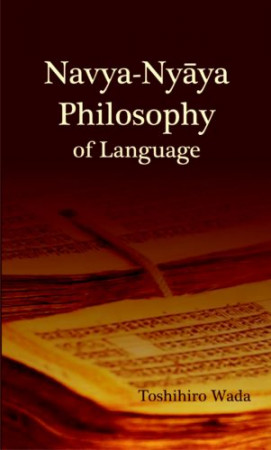
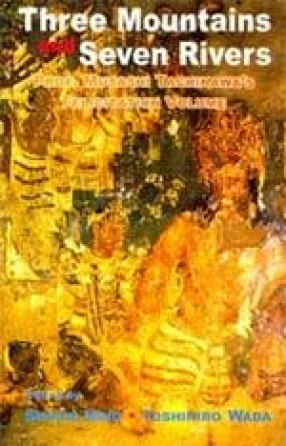
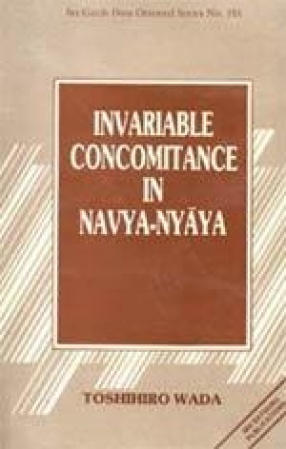
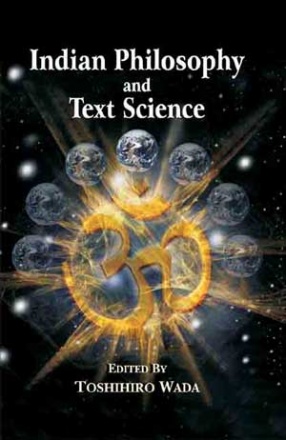


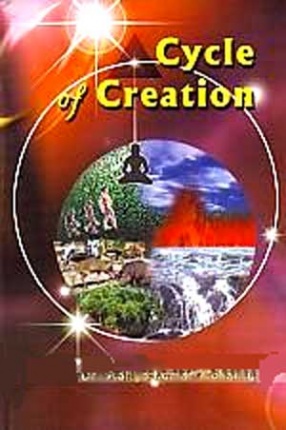
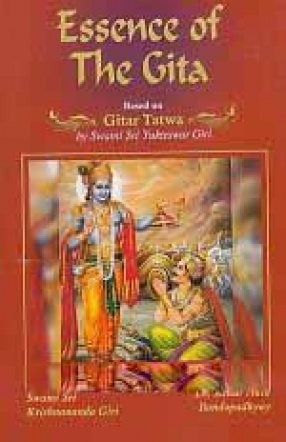

Bibliographic information